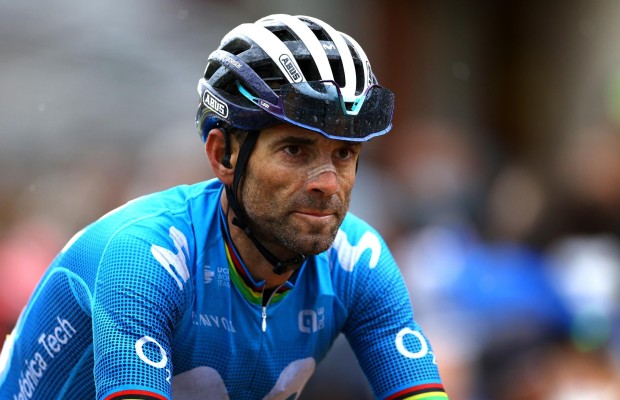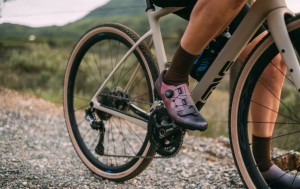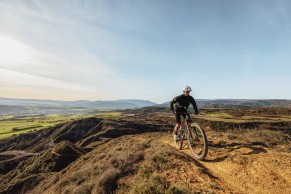How cycling protects you from diseases
Cycling can help strengthen the immune system and, therefore, increase defenses against pathogens and various diseases. Despite the existing consensus, the complexity of the topic makes it difficult to understand this relationship accurately. Other factors such as stress, quality of sleep, or nutrition also require special mention.

Cycling as a source of health: improving the immune system strengthens the body
The benefits of cycling -and sports in general- are widely known. Much has been written about the positive consequences of both the physical form of those who practice it and their mental well-being. However, another point in favor of aerobic exercise -the category to which cycling belongs- must also be considered: the immune system.
Thus, beyond forging well-defined quadriceps or having a stress-free mind, the cyclist strengthens the body's immune system. And this improvement translates into a lower incidence of some diseases or pathogens.
RECOMENDADO

What is heart rate variability and how does it affect the cyclist?

Fat Max Training to efficiently eliminate fat

Change wheels if you want to transform your bike's behavior

What bike size do you need? Here's how to find out

How does age affect performance and recovery?

How long cyclists can be pushed when handed a sticky bottle?

Before starting, it is necessary to understand what the immune system is. The definition explains that it is the "set of organs, cells, and molecules" that "are responsible for distinguishing between self and non-self, as well as protecting the body against any foreign element to it."
That is, the immune system is the defense we deploy to protect ourselves from infections and diseases in a fight against different pathogens and toxins, as explained by the University of Navarra Clinic.
The immune system is a fairly broad term that contains a rich range of defenses ranging from relatively simple processes to some that are still not fully understood.

Once the portrait of the immune system is done, it is important to understand why it is benefited by practicing cycling or any other aerobic exercise. By increasing the heart rate, the circulation of white blood cells -involved in defense- is stimulated.
In statements to Bike Radar, Dr. Campbell stated that "cells that have been resting somewhere in the body, in response to the increased heart rate, are pushed into the bloodstream to carry out the initial phases of immune surveillance."
These cells travel to different tissues for inspection once the exercise is finished. In the past, the low level of white blood cells in post-workout blood was interpreted as a sign that athletes could suffer more infections; now it is thought that they 'leave' the blood to search for pathogens in other tissues.

Other voices suggest that this type of exercise generates an anti-inflammatory ecosystem that helps fight some diseases.
It may be too categorical to affirm that the cyclist has a better immune system, although it does seem clear that immune health is better maintained over time.

Stress is another key player: the presence of stress in the body increases cortisol, which burdens the immune system. Thus, reducing stress through cycling would help reduce the frequency of infections or certain diseases.
Exercising with inadequate nutrition could also increase cortisol levels; this would happen with a low glycogen and carbohydrate state, according to expert Will Girling.
The relationship between nutrition, physical effort, and exercise is still not clear, and there are several lines of thought.

Despite the benefits of aerobic exercise, it is important to pay attention to the immune system. Thus, in the case of a respiratory infection, cycling should be put on hold and the pedals should be reserved for when two days have passed since the symptoms disappeared.
On the other hand, there are some general guidelines that reduce infections: proper hygiene -and prudent measures to avoid excessive contact with infected people-, lower stress, adequate sleep quality, and proper nutrition.

It is evident that riding a bike does not give the cyclist an impregnable body, although it does strengthen defense lines and allows for a better response to external attacks from pathogens and diseases. However, the best option is to consult a doctor, who can analyze our particular case and provide an accurate diagnosis.